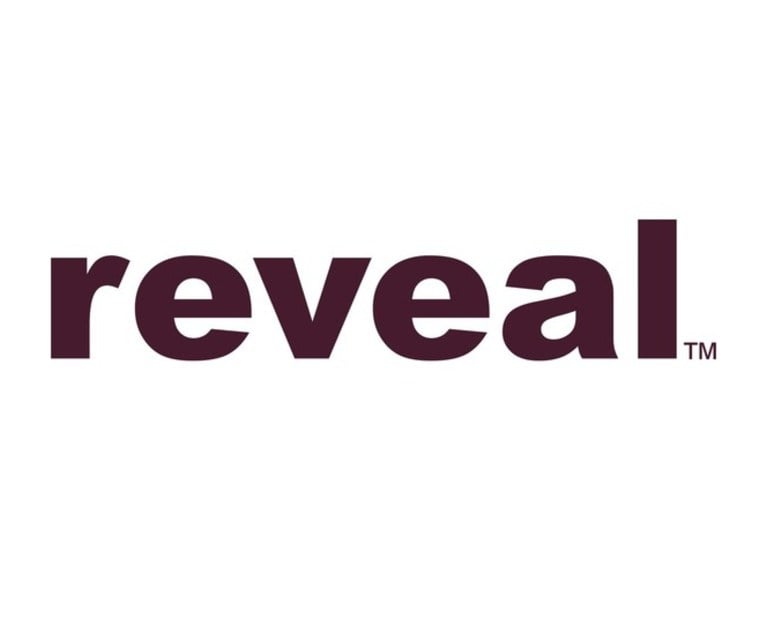The California Supreme Court recently issued a ruling on the seemingly mundane issue of whether public agencies may charge Public Records Act (PRA) requesters for the costs of redacting exempt material from electronic records when responding to PRA requests. Although the decision clarifies that agencies must bear the cost of redacting exempt material from both paper and electronic records, it does not offer a bright line rule for a secondary, but crucial, issue in the case: What agency processes do, and do not, qualify as “data extraction,” the costs of which agencies may permissibly shift to requesters? The opinion does provide some “guideposts,” but does not offer entirely easy answers for public agencies trying to determine what—or whether-they may charge requesters when responding to electronic PRA requests.
The Public Records Act
The California Public Records Act requires requesters to pay agencies for the “direct” duplication costs for the production of paper records-namely “the cost of running a copy machine, and conceivably the cost of the person operating it.” However, agencies must bear “ancillary” costs, including staff time for searching records and identifying and redacting exempt information.
This content has been archived. It is available through our partners, LexisNexis® and Bloomberg Law.
To view this content, please continue to their sites.
Not a Lexis Subscriber?
Subscribe Now
Not a Bloomberg Law Subscriber?
Subscribe Now
LexisNexis® and Bloomberg Law are third party online distributors of the broad collection of current and archived versions of ALM's legal news publications. LexisNexis® and Bloomberg Law customers are able to access and use ALM's content, including content from the National Law Journal, The American Lawyer, Legaltech News, The New York Law Journal, and Corporate Counsel, as well as other sources of legal information.
For questions call 1-877-256-2472 or contact us at [email protected]


 Sarah M. Lucey, an environmental law fellow with Shute, Mihaly & Weinberger LLP (Photo: Courtesy Photo)
Sarah M. Lucey, an environmental law fellow with Shute, Mihaly & Weinberger LLP (Photo: Courtesy Photo)




